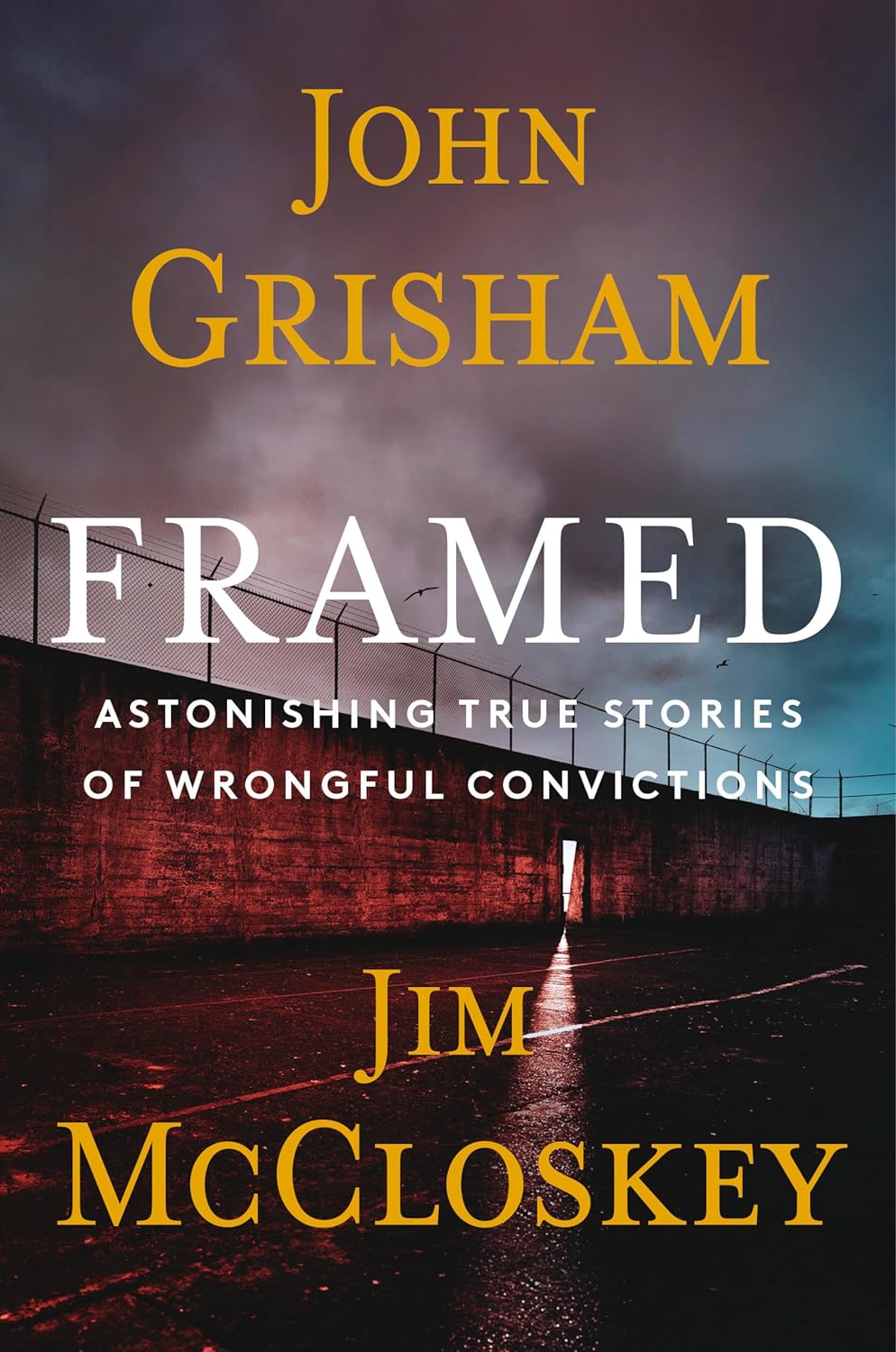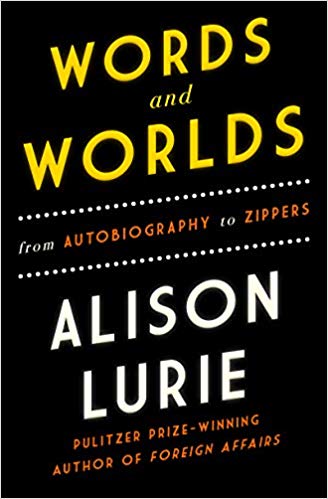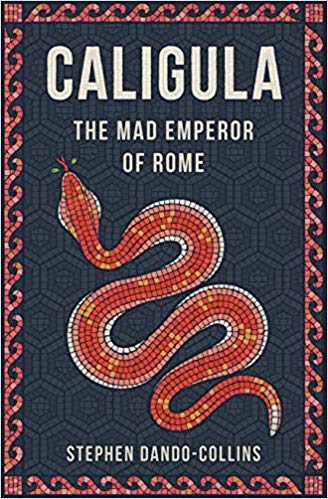Framed: Astonishing True Stories of Wrongful Convictions
- By John Grisham and Jim McCloskey
- Doubleday
- 368 pp.
- Reviewed by Jennifer Bort Yacovissi
- December 6, 2024
A bleak look at the blatant malfeasance in our criminal-justice system.

There is a charming but chillingly eye-opening video on YouTube that’s been up for about 12 years and has been viewed 19 million times. It’s called “Don’t Talk to the Police.” In it, Regent University law professor James Duane walks point by point through all the many reasons that no one should ever — truly, no fooling, never ever — speak to the cops.
But for folks who haven’t watched it or just don’t find it convincing enough, the writing team of John Grisham (yup, that John Grisham) and Jim McCloskey are here with 10 detailed cases involving lots of people who didn’t follow this sage advice and ended up being convicted, sentenced, jailed — and, in one case, executed “for a crime that never occurred” — because of police, prosecutorial, and judicial malfeasance.
McCloskey is the founder of Centurion Ministries, a 40-year-old organization that — like the better-known Innocence Project — seeks the exoneration of the wrongfully convicted. He and Grisham, who is now on Centurion’s board, met 15 years ago and bonded over their commitment to this cause; Grisham had written his first nonfiction book, The Innocent Man, in 2006 about a wrongful conviction that nearly resulted in execution. Later, he wrote the foreword to McCloskey’s memoir, When Truth Is All You Have.
In Framed, each author selected five stories he felt were most compelling and kept each case study to about the same length. Their profiles usually alternate, so readers move from Grisham’s somewhat potboiler style to McCloskey’s more earnest, straightforward reportage, and back again.
This is one of those books that’s best experienced a bit at a time; otherwise, it’s too bleak and depressing to see how easily justice is utterly derailed again and again. And again. I found that I had to steel myself before plunging into yet another account of innocent people having their lives ruined. Even for those who are finally exonerated — after 15 or 20 or 30 years in prison — it’s hard to celebrate the “happy” ending.
Some of these people are still languishing behind bars, including Kerry Max Cook, convicted of rape and murder and pursued by prosecutors (through four trials) with a desire to see him “in the ground.” The murder happened in 1977. As McCloskey writes at the section’s conclusion:
“But what hope he has left, along with his never-say-die spirit, keeps him going in his forty-six year fight for total exoneration and justice.”
We may say our justice system operates on the tenet “Innocent until proven guilty,” but the actual premise appears to be “Look, if they’ve gotten themselves arrested and now they’re sitting at the defense table, they must be guilty.” Judges and jurors tend to side with prosecutors, even when the D.A.’s theory of a case demands the suspension of the laws of physics in general and of the space/time continuum specifically.
As the book’s title makes clear, these cases aren’t the result of honest errors made in good faith by a system trying its best. These are straight-up examples of “Here’s somebody — let’s pin it on him.” Often, there’s pressure from some quarter to hurry up and make an arrest, but sometimes it’s just that officers or detectives on the case have a hunch. And once there’s a theory, nobody wants to give it up, no matter what the evidence shows. Many of the unjustly convicted were simply in the wrong place at the wrong time, and plenty were the victims of racism (though, as McCloskey points out, of the 21 defendants represented in these cases, 10 are white and 11 are Black).
The cases are from all over — New Jersey, Missouri, Pennsylvania, etc. — but Texas shows up repeatedly as a jurisdiction with a decided taste for blood. As Grisham writes:
“In 1976, the U.S. Supreme Court lifted a four-year ban on executions, and the thirty-five death states were off and running. Since then, 1,572 men and 15 women have been put to death by gas, lethal injection, electric chair, and one by hanging and another by firing squad. Texas proudly leads the pack with 586 killings.”
The authors hope this book will make states take a hard look at their criminal-justice practices. Certainly, there’s no justice to be had once an innocent person is executed.
Maybe for their next collaboration, Grisham and McCloskey can focus on the flipside of the system: true stories of powerful people who commit crimes repeatedly and in plain sight but are never brought to justice and, in fact, are allowed to wipe the slate clean and come back for more. That’s mighty unjust, too.
Jennifer Bort Yacovissi’s debut novel, Up the Hill to Home, tells the story of four generations of a family in Washington, DC, from the Civil War to the Great Depression. Her short fiction has appeared in Gargoyle and Pen-in-Hand. Jenny reviews regularly for the Independent and serves on its board of directors as president. She has served as chair or program director of the Washington Writers Conference since 2017, and for several recent years was president of the Annapolis chapter of the Maryland Writers’ Association. Stop by Jenny’s website for a collection of her reviews and columns, and follow her on X at @jbyacovissi.

